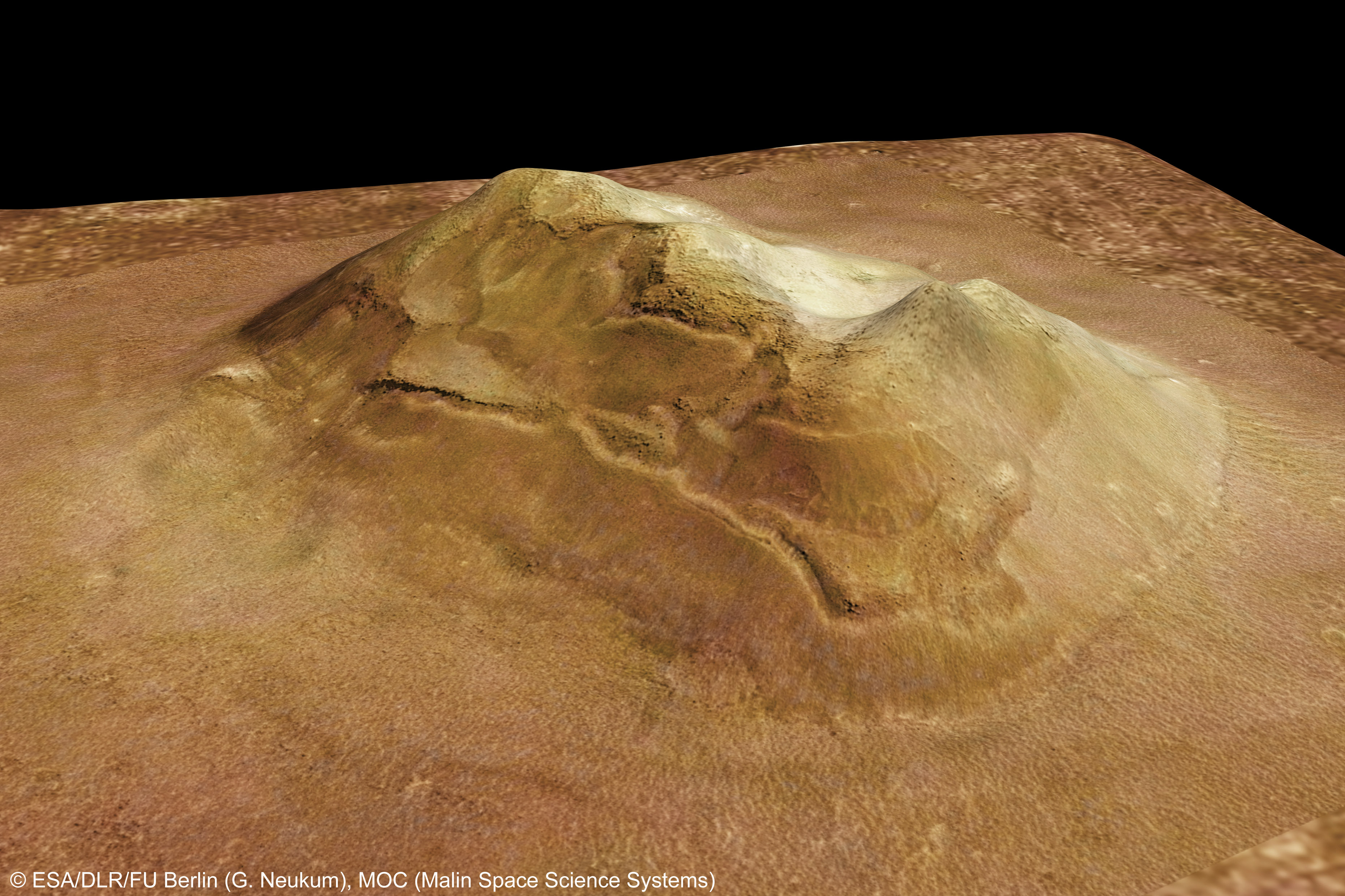Sir Arthur Streeb-Greebling writes:

Reading for sheer pleasure. I am not alone.
"Evenings I return home and enter my study; and at its entrance I take off my everyday clothes, full of mud and dust, and don royal and courtly garments. Decorously reattired, I enter into the ancient sessions of ancient men. Received amicably by them, I partake of such food as is mine only, and for which I was born. There, without shame, I speak with them and ask them the reasons for their actions; and they in their humanity respond to me."
More discussion on the few who did good during the Holocaust.
Read on for the story of Le Chambon-sur-Lignon.
The planet's future has never looked better. Here's why.
Since Morthos has gone, I'll provide the conspiracyising with a very entertaining review of a Richard Hoagland (Face on Mars, see the image at the top) press conference which was long and tedious and filled with the kind of tortured logic that turns out to be rather common for conspiracy theorists who take disparate pieces of data and insist that they’re connected and that they make more sense than, well, more logical explanations.
And to finish, some science. Physics to be exact, the interpretation of quantum theory to be even exacter.
Bohr believed that the uncertainty was not just a product of observation, but an actual feature of nature itself. It was not that the experimenter was too clumsy to measure the position and momentum at the same time. Rather there was simply no such thing as a particle that possessed these two attributes simultaneously and to an arbitrary degree of accuracy. The uncertainty principle expressed an inherent limitation in nature.

No comments:
Post a Comment